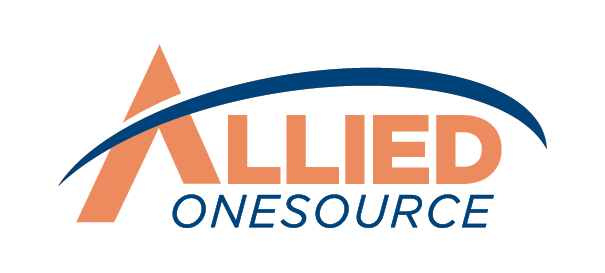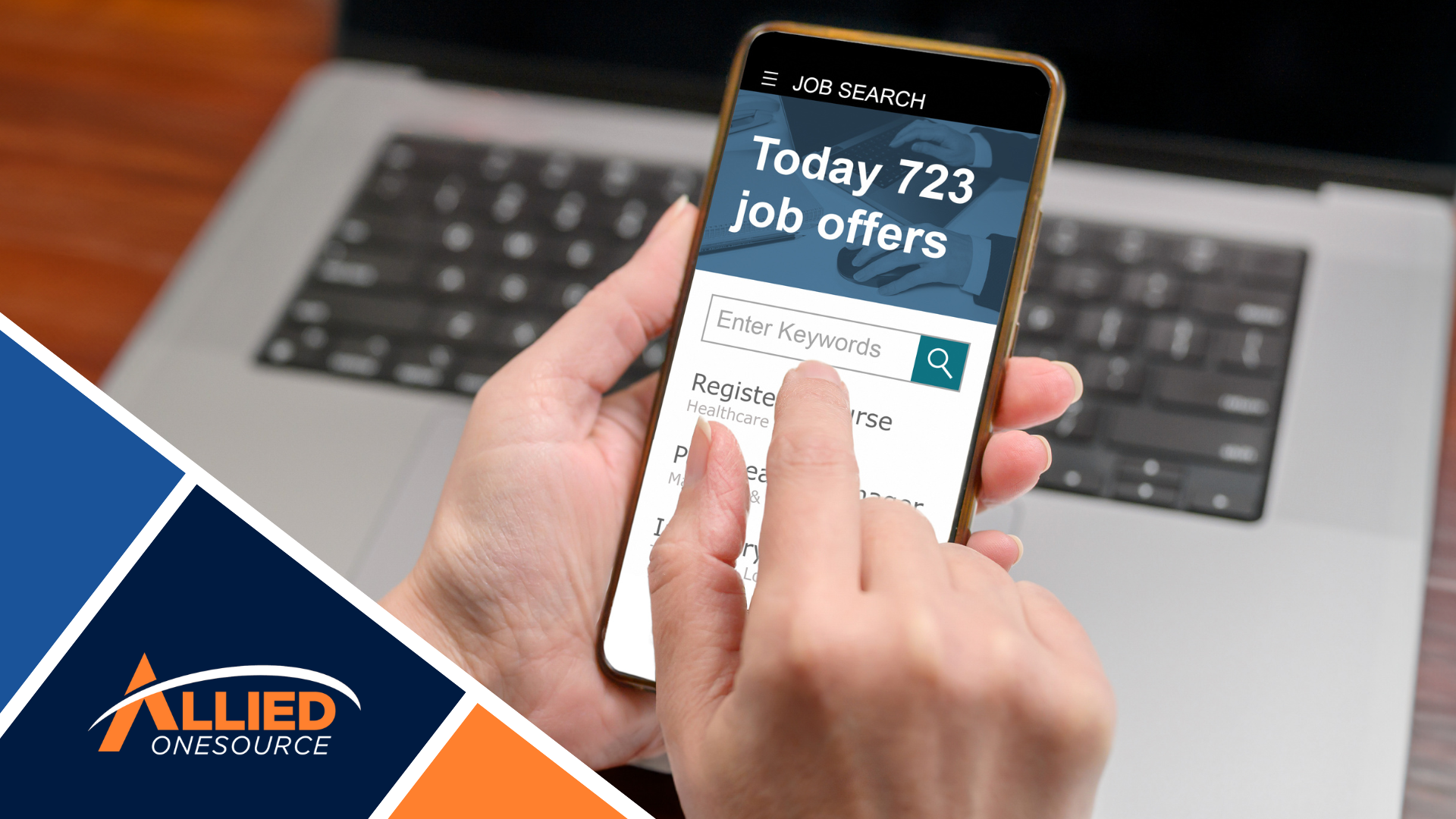Job Interview Playbook: Winning Responses to the 10 Most-Asked Interview Questions
Giving the right responses during your interview is essential for securing the job of your dreams. It showcases your values, knowledge, and personality and becomes a tool to prove that you're the right fit for the position you're vying for.
Impress your potential employers and increase your chances of landing the job by knowing the best responses to common interview questions.
The Art of Responding as a Candidate
According to an article published on Indeed, hiring managers use interviews to analyze your skills, experiences, and professional background.¹
Everything that they can't learn from your resume or curriculum vitae will be asked through job interview questions. What's the best way to answer these queries they throw at you?
To aid you in your journey toward your ideal job, we've compiled the top ten most common questions and how to effectively answer them.
1. What's your name and background?
During this crucial phase, avoid mentioning facts that are unrelated to the position you want. Avoid facts not related to the job like your favorite color is blue or that you prefer tea over coffee.
Tell your story as a professional. Make your answer to this interview question as interesting as it is honest. Talk about your roots or your inspiration for beginning your professional journey.
Continue the story with relevant points in your life that pushed you to work hard for your dreams, whether this was a financial struggle you encountered during college, or a realization that hit you one random morning.
Tell your journey of how you got to where you are now. Weave in experiences and learnings you picked up that make you an even better choice for the open position.²
If you're applying to be a computer programmer, include your passion for writing codes and how it made you more patient with what life throws at you.
2. How did you know of this job opening?
Be up front and straight to the point when answering this interview question. The hiring manager just wants to know how you found them.
Did you find it through a job listing that caught your interest? Is it a dream company you've always wanted to join? Or maybe an employee recommended the position to you?
If the company is an organization you've wanted to join for a long time, explain how it led to that. How did you hear about them in the past? Discuss the reasons why it's your dream place to work at.
If you were scrolling through job posts and saw their ad, enumerate the aspects that caught your attention. Be honest and communicate clearly. Was it the high salary range? Or maybe something in the job description piqued your interest?
If one of their employees recommended you, mention the full name and department of that person to make the interviewer aware of your referral. You should also discuss reasons why you were deemed a good fit for the role by one of their people. What credentials or skills do you possess?
3. What working environment do you thrive in?
Before you answer this common interview question, you need to know first the work environment within the organization you want to join. It's not enough to simply answer the question and explain why. Your response needs to align with the company culture inside the office.
To answer this interview question properly, you should research even before your scheduled interview. Look through their website. Search the internet about them. Read articles that can help you grasp what's it like inside their offices.
Imagine how disastrous it would be if the company had a fast-paced environment and you unwittingly answer "I prefer to take my sweet time when working. I hate being pressured by deadlines or colleagues as I do my job."
This will tell the recruitment manager that you're not a good fit for them. Definitely, it will lessen your chances of getting hired for the job you want.
4. How do you handle stressful situations?
Through behavioral interview questions, your employer wants to know if you can handle workloads under pressure. They want to understand if you have the patience and willpower to stay calm and think critically even during worst-case scenarios.
The last thing an employer wants is one of her people having mental breakdowns or panic attacks during working hours. Aside from hindering productivity, it is also detrimental to the overall health and well-being of the employee.
Answer this common job interview question with honesty. Explain how you navigate through negative emotions or how you regulate stress to stay calm. Mention relevant experiences you've had that showcase your answer.
You don't need to be perfect. You can admit shortcomings if you highlight the effort and progress you've made so far. Discuss in detail the steps you're taking to improve the way you handle stress-inducing situations.
5. Do you prefer independent or collaborative work?
Just like interview question number three, your answer to this must be given while considering your prior research into the company. What is the nature of work that is usually present in their organization?
Regardless of your answer, it's important to remember that some roles entail higher needs for collaboration while others require more individual tasks to be finished.
As a professional who has thoroughly read the job description posted along with the role, you would be able to easily know the type of work you may receive if you're given the position.
Another important thing to know about this job interview question is that it is always followed with "Why?" Highlight your best traits and personality that fit both the job description and the type of work the company usually has.
6. How well can you balance multiple projects at the same time?
This type of question gives light on how you spend your time and energy during working hours. How do you remain productive and efficient throughout the day?
If you have a specific system you use to remain organized, this is the perfect time to flaunt it. Whether it's a detailed journal or the virtual office calendar, explain how you use these tools to remain productive and on time for project deadlines.
You can also share an instance when you were able to stay on top of work despite issues or struggles caused by handling multiple projects at a time.
7. What steps have you taken to enhance your skills and knowledge?
Personal and professional growth is important for both you and your potential employers. They want to understand the dedication you have for improving and how you make it happen.
List seminars and training you've taken and explain what they were about. Mention the skills you've picked up or improved thanks to these events.
What if you haven't joined any programs recently? Are you already out of the race? Definitely not! Progress and learning come from the experiences we have inside and outside of conference rooms.
Even if you took your time reading self-help books or went back to a hobby that made you happy, you are still improving yourself. Just make sure you can explain the skills, knowledge, and realizations you've gained.
8. What are your salary expectations?
Don't go into a job interview without knowing the salary range for the position you want. You can find this through a quick online search.
Having knowledge about the salary meant for the position is vital for any negotiations that may happen during the meeting. It'll prevent you from underselling yourself or overestimating your worth.
Show confidence in your knowledge but remain open to negotiations. Always mention any valid concerns you have.
According to an article in Harvard Business Review, it's always best to quote on the higher end of the salary range since it's easier to negotiate downwards than upwards.³
9. Are you currently pursuing other job opportunities?
For you to be an employer's top choice, they need to know if they are also yours. Through this question, companies want to identify where they lie in your priorities. If they choose you, is there a high possibility that you'll choose them over other employers?
Be honest and candid.
Mention if you've also applied to other organizations. More importantly, tell them if their company is one of your top considerations or not.
10. Why should we choose you over the other candidates?
Set yourself apart from the rest by mentioning unique experiences that helped you grow as a professional. Everyone applying for the same role would have similar skill sets so focus on what could be unique to you. These can be soft skills you've mastered or work-related challenges you've overcome.
To effectively answer this question, remember to focus on yourself. There is no need to bad mouth other applicants since that action would just be a reflection of you and your people skills.
Highlight your values that coincide with the company's. Mention traits that align with the mission and vision of the organization. For example, being able to see the bigger picture.
Read More: Things to help you Stand Out in an Interview
LAND YOUR DREAM JOB WITH THE GUIDANCE OF ALLIED ONESOURCE
Answering job interview questions can be difficult but they are not impossible to ace. Allied OneSource is always ready and available to consult with professionals on their journey to achieving their career goals.
Reach out today to start a conversation!
References
- Indeed Editorial Team. “Why Interviews Are an Important Part of the Recruitment Process.” Indeed, 11 March 2023, https://www.indeed.com/career-advice/career-development/why-are-interviews-important-part-of-recruitment
- Freedman, Max. “Why Hiring Managers Really Ask These 12 Common Interview Questions” Business News Daily, 22 Feb 2023, https://www.businessnewsdaily.com/9443-popular-interview-questions.html
- Oliver, Vicky. “10 Common Job Interview Questions and How to Answer Them.” Ascend, 11 Nov 2021, https://hbr.org/2021/11/10-common-job-interview-questions-and-how-to-answer-them The body content of your post goes here. To edit this text, click on it and delete this default text and start typing your own or paste your own from a different source.










